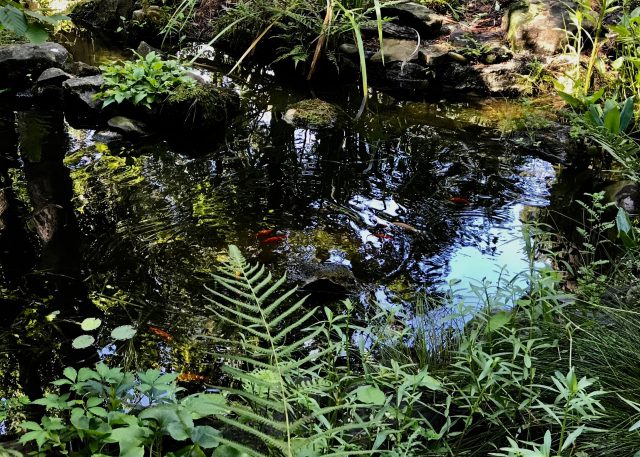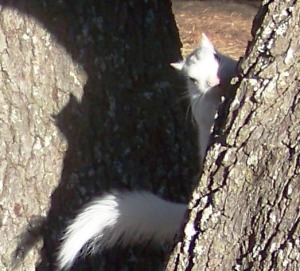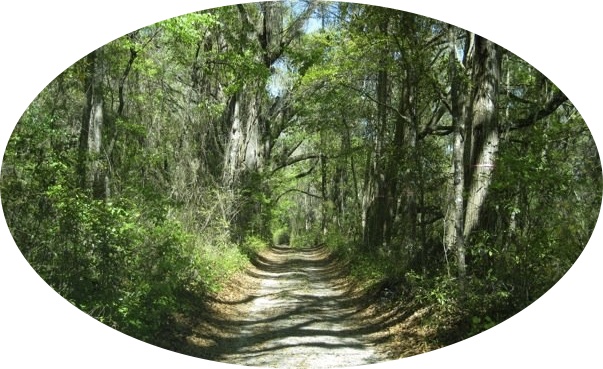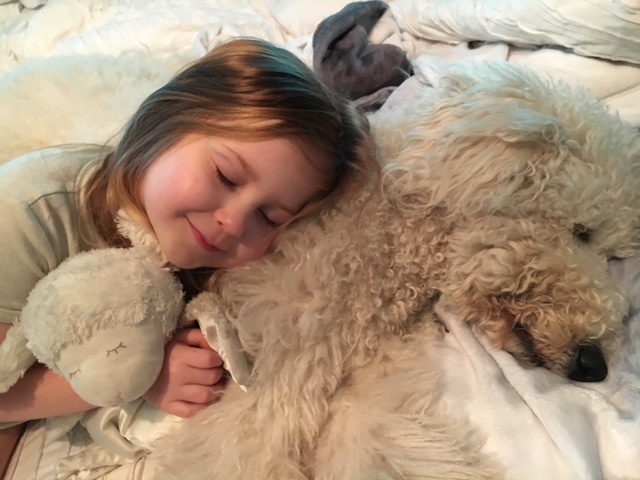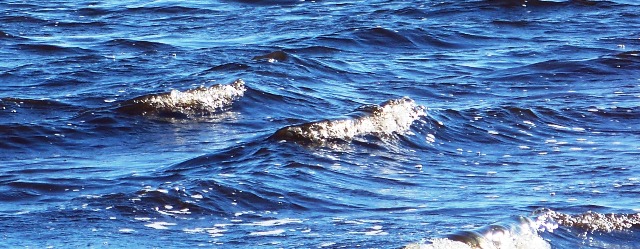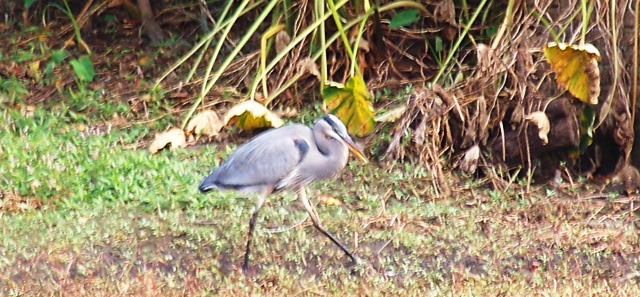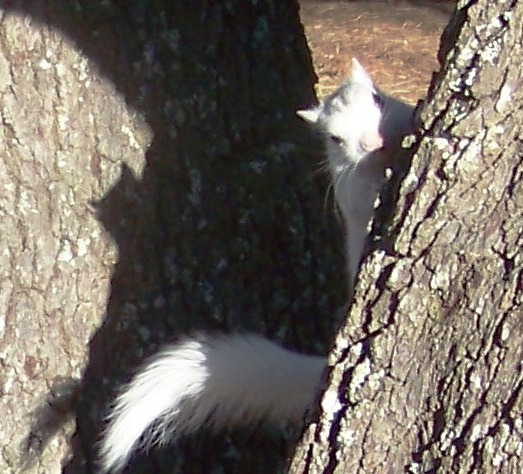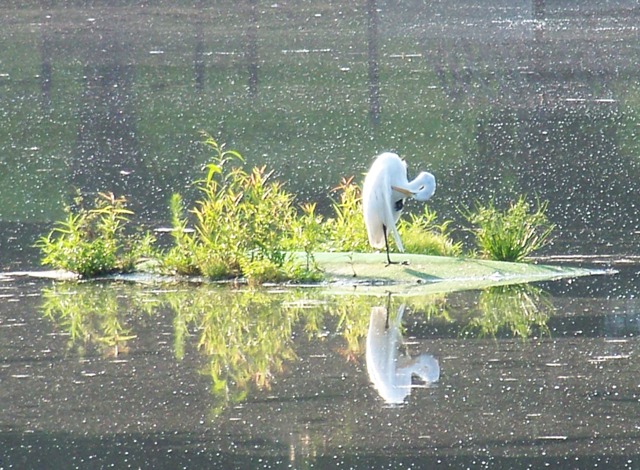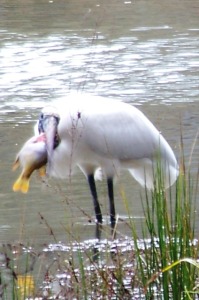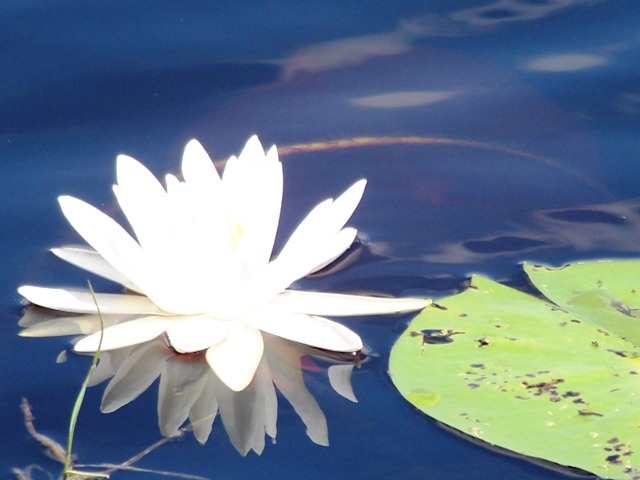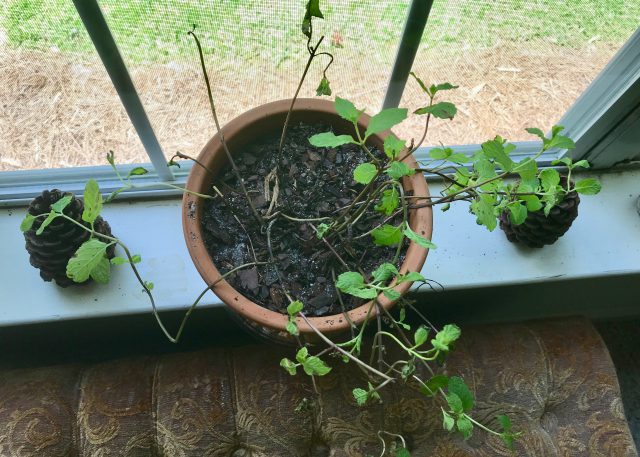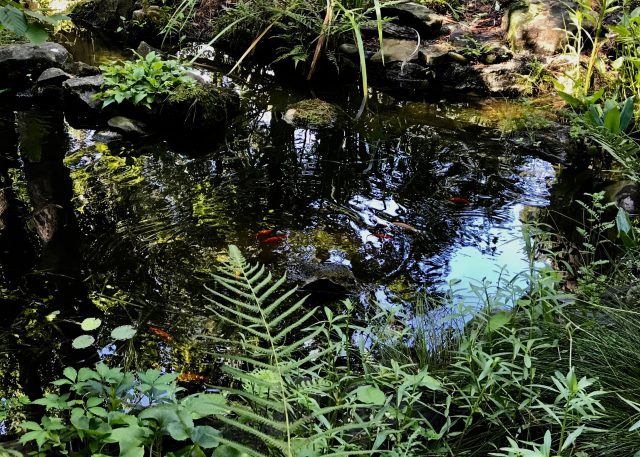I was in my late 30s, finishing my Master of Arts thesis, when I finally understood writing as a process.
Admittedly, it sounds silly but in 1986, the “how-to” of writing was threatening an academic tradition once thought unassailable, at least in the English department at a small university in the Rocky Mountains.
It was the invincibility of that tradition that drew me to academia and it would usher me out. We would both find out of what we were made. Different stuff.
For the first time in my life I was consumed by my work, in complete awe of writing. It was alive, no longer an academic exercise in research. And for that matter, neither was I.
My thesis advisor, Jeanne, was having none of “my new process” and rejected the initial draft of my thesis after reading the first two pages. No matter what I said, she would not read more.
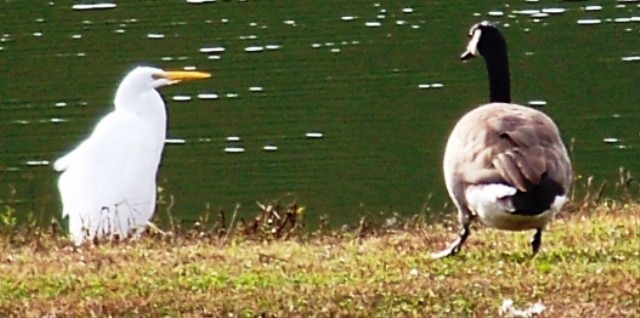
Jeanne was a friend, ever patient with my enthusiasm, but her life was the academic tradition. She railed against the canon of “white male fact” and was integral in establishing a women’s studies program but she knew her parameters.
So, stalemate.
In response, I drank my way to sobriety and an eventual decision. It seemed I was fine with not graduating. Writing was what mattered and that has never changed.
But no story ends without a twist or two, if we are true in the telling. We cannot be part of a tradition and simply pull away without consequence for others or ourselves.
So it was that my hands were in dishwater when the telephone call came.
“It’s Jeanne,” my then partner said, stretching her arm toward me, cordless white phone in hand.
“No.”
“She just wants to talk to you.”
I shook my head and looked down at my hands in the dishwater, a master’s graduation ring on my fourth finger, left-hand, gold in suds. My mom had it sent to me. She was coming for graduation. I would not cheat her out of this degree ceremony as I had for my bachelor’s.

Other than my partner, few outside my academic life knew about the thesis stalemate or a tangential twist, my formal charge of sexism and breach of protocol against a tenured professor.
It began with a question, as these things often do. The graduate level course was American literature, 1930s-40s, and I asked why there were no women writers included. The professor told me there were no major women writers. His words reverberated throughout the department.
His breach of protocol was reading the student evaluations before submitting his final grades. The professor all but grabbed them out of the office secretary’s hand, saying he knew “they would be good.”
I was the only graduate student to challenge him in class and in my written evaluation of his course. Accordingly, I was the only one to receive a B, everyone else an A. It is the only B on my graduate school transcript.
Confident in his tenure, the professor never denied any of the charges and a committee of his peers ruled against me, which proved to be the catalyst for a department showdown.
A number of professors threatened to bring my complaint before the entire department for a vote: to overturn my grade (copies of my coursework were made available); to end the exclusion of women writers from all courses; to censure the professor for breaching University protocol regarding student evaluations.
The vote never happened.

The head of the department removed that course from the professor’s teaching roster. He never taught in his area of emphasis again. The student evaluation procedure was completely revamped and finally, there was a review of department courses, something many members had been fighting for, including Jeanne.
My grade remained a B.
“You can appeal this decision, of course,” the department chair told me. Very carefully, he explained the process.
I nodded, hoping my tears would not spill over. Some part of me knew my grade was no longer the point, although it had been the initial pain.
“What you need to remember is that whenever he shakes his tail, this issue will make itself known for years to come.”
And it did for the rest of the professor’s life or so I am told.
Jeanne was not among the professors who outwardly supported me but for all of us there is more than one bridge too far in life. At least that has been true for me.
Of course, those were not my thoughts as I stood at the sink with my hands immersed in what was left of the soapsuds. Mostly, I thought about the many differences between my mother and me, specifically that 1986 MA class ring.
I took the phone call from Jeanne.
I did not really “defend” my thesis but ours was a lively discussion regarding writing and women. Some 25 years later, a thesis committee member told me there was some concern about my not defending the thesis.

Jeanne knew I would travel a road not hers but she sent me with love (and a degree) nonetheless. As firmly, she stood in her truth, too, a world of the Venerable Bede, tawny port, and women finding their own way.
In the year of Jeanne’s death, she asked me to teach a session of her graduate-level women’s studies course, the one that gave me the idea for my thesis. It remains one of the greatest honors of my life.
The last time I sat with Jeanne was in the dark hours of a Wyoming winter morning, selecting the music for her funeral, her singing “this little light of mine.” She thought it a good choice.
Me, too.
I have now lived longer than the lifespan that was Jeanne’s. I cannot imagine her in the time of Trump. She thought the 80s impossible, “the me generation.”
Not surprisingly, that last year of graduate school was on my mind as I listened to Dr. Blasey Ford’s testimony. Like so many other women I knew how it would end but I also kept hearing, “every time he shakes his tail.”
That, I know to be true.



